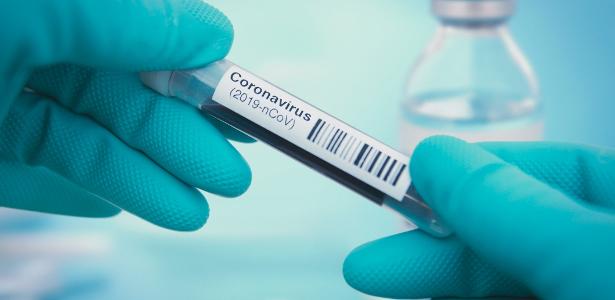
[ad_1]
A study led by experts from Stanford University in the United States indicated that the immunity acquired by people who had COVID-19 is not long-lasting, usually progressively decreasing over the course of a few months. The conclusion led them to express their concern about the long-term effectiveness of some vaccines developed against the disease caused by the new coronavirus.
The study, which appeared yesterday in the scientific journal Science Immunology, looked at 254 patients with COVID-19 for five months, longer than most studies that have been published on the immunity of the disease. Of these, 79 were hospitalized and another 175 did not require hospitalization or remained asymptomatic. Of the group analyzed, 25 died from the disease.
The investigation analyzed the presence of IgA, IgM and IgG antibodies. Both IgA and IgM, responsible for responding to more serious infections, disappear quickly during the recovery period from the disease.
IgG, which has the most important protective memory against the new coronavirus, lasts longer in the body. Even so, its rates are progressively decreasing, even in patients who had a very strong initial immune response against COVID-19.
An interesting feature found by the study is that the highest levels of IgG antibodies were detected in patients who had a mild degree of the disease, while people who were in a severe condition had less memory of the immune response.
Vaccines may be affected
Regarding the implication of the findings for the covid-19 vaccine, the study states that “the decrease in antibodies after infection raises the question of how long the antibodies produced by vaccination will last and whether a frequent boost will be necessary to maintain the protection”.
However, the publication acknowledges that vaccination is different from natural infection, so some immunizers can generate antibodies that are even more potent and long-lasting.
Another conclusion of the study is that the current strategy adopted by some governments to combat the pandemic, of conducting serological surveys to determine the level of contamination in the population, may have flaws, since antibodies disappear from infected people over time.